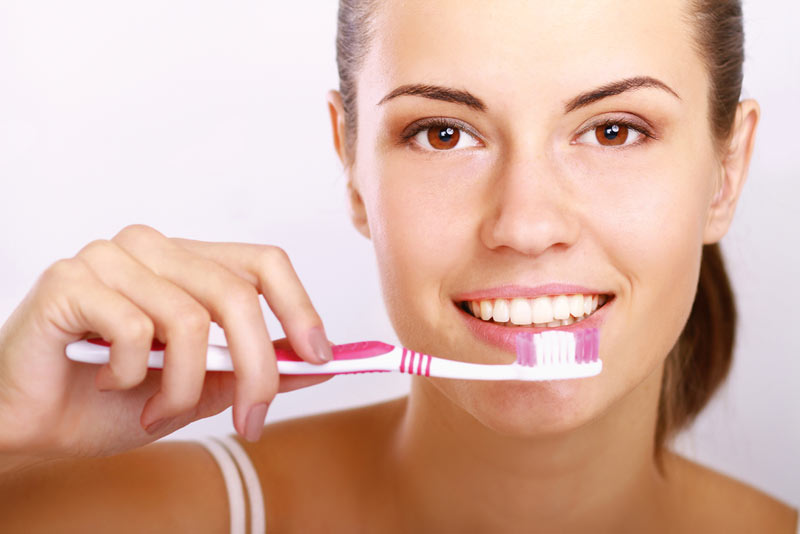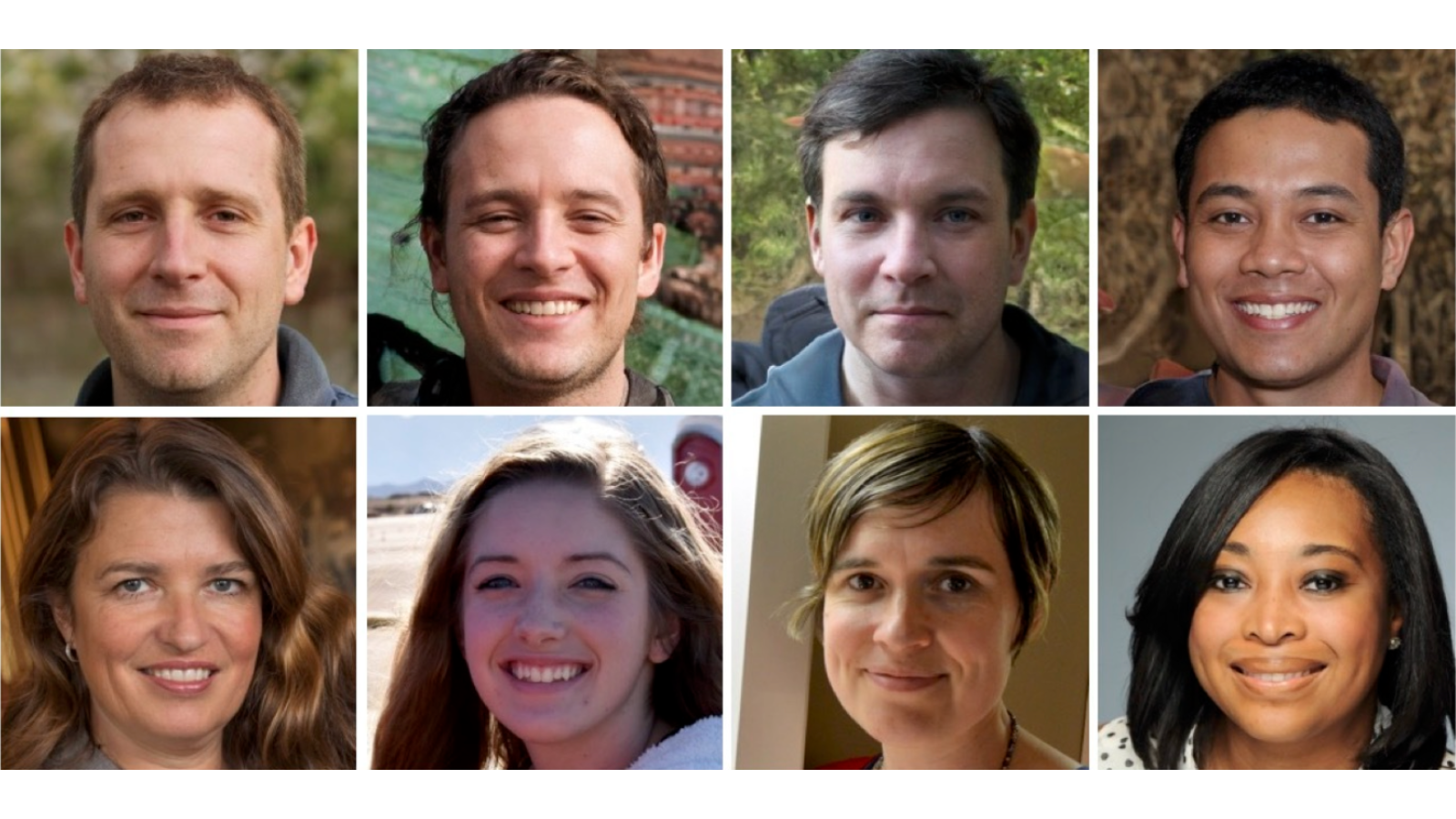Chew on This: Fewer Teeth Linked with Worse Memory

If you want to maintain a sharp memory, you may want to brush up: People who have fewer natural teeth remaining perform more poorly on memory tests, a new study suggests.
Looking at 273 people ages 55 and older, the researchers found a modest but significant relationship between a person's number of natural teeth and his or her performance on memory tests.
The link held when researchers took subjects' ages into account. In other words, it wasn't simply that both teeth and memory abilities tend to disappear with age.
Although the reason for the link isn't entirely clear, the new findings are in line with previous animal and human studies, suggesting that the presence of natural teeth has an impact on cognitive function, and having fewer teeth may be regarded as a risk factor for memory problems in the elderly, according to the researchers, who detailed their findings in the August issue of the European Journal of Oral Sciences.
Animal studies have shown that rats whose teeth were pulled out showed memory and learning problems. The rats that had lost more teeth showed higher neuronal loss, and more damage to the hippocampus, a part of the brain involved in memory formation.
It is possible that loosing natural teeth reduces sensory signals that teeth send to the brain, affecting its functions, including memory, the researchers said.
Natural teeth send signals to the brain via a nerve that is responsible for sensation in the face, and for motor functions, such as biting and chewing. Prosthetic teeth, though helpful for eating, lack the nerves and ligament that attach natural teeth to the jaw, potentially resulting in a reduced sensory input to the brain.
Get the world’s most fascinating discoveries delivered straight to your inbox.
It's also possible that a common factor could be responsible for the link between teeth and memory. For instance, gum infections that could lead to tooth loss may also cause inflammation, which may, in turn, cause neuronal death and memory loss, the researchers said.
In the new study, the researchers accounted for other factors that can affect memory — such as participants' years of education, type of occupation and medical history — but the link between teeth and memory remained significant.
Study participants had an average of 22 natural teeth, almost one-third fewer than a complete set of human teeth, which may have caused them to avoid or eat less of certain foods that contain the nutrients necessary for maintaining a strong memory, the researchers said.
One limitation of the study is the small number of participants. Nevertheless, a previous study involving more than 4,000 participants — and that controlled for several lifestyle factors, such as smoking and alcohol intake — found similar results. People with few or no teeth were more likely to have some memory loss, compared with participants who still had many of their natural teeth. That study was published in the journal Behavioral and Brain Functions in 2011.
Email Bahar Gholipour. Follow LiveScience @livescience, Facebook & Google+. Original article on Live Science.



